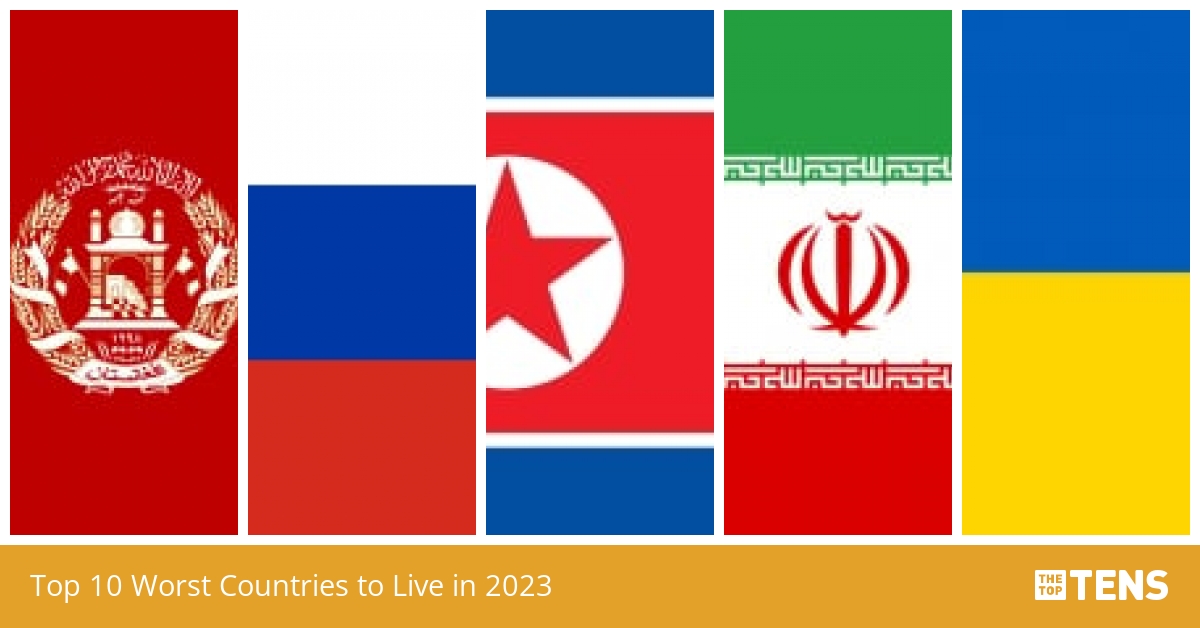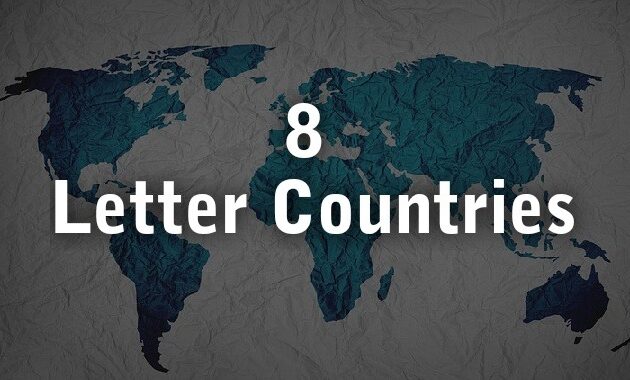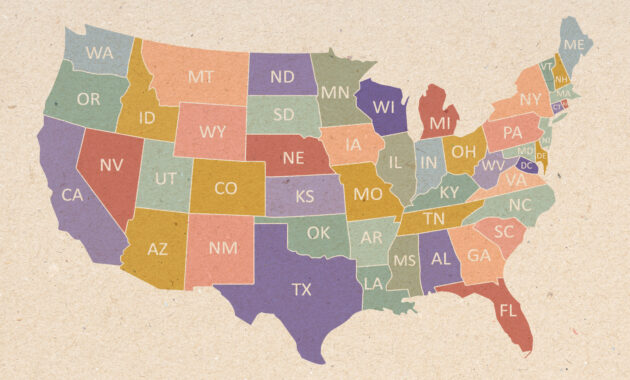Choosing a place to call home is a deeply personal decision, one that’s influenced by a myriad of factors. What might be paradise for one person could be a source of frustration and hardship for another. Factors like economic stability, political climate, personal safety, access to healthcare, cultural norms, and even the cost of living all play a significant role in shaping our experience of a country. While “worst” is a subjective term, there are undeniably nations where living conditions present significant challenges for many individuals. It’s important to approach this topic with sensitivity and understanding, recognizing that the experiences described reflect the realities faced by many people.
Exploring Challenges in the Quest for a Home: An Overview

Navigating the complexities of life in a new country can be daunting. From adapting to unfamiliar customs and languages to securing employment and healthcare, the challenges are varied and often overwhelming. In some regions, these hurdles are compounded by systemic issues such as political instability, economic hardship, and social inequality. These factors can significantly impact the quality of life for residents, leading to feelings of isolation, frustration, and even despair. Let’s delve into some of the issues that make living in certain countries particularly difficult.
Economic instability often lies at the heart of many struggles. High unemployment rates, rampant inflation, and limited economic opportunities can make it difficult for individuals and families to meet their basic needs. Access to affordable housing, nutritious food, and quality education can become a constant battle, leading to chronic stress and uncertainty. Furthermore, economic hardship can exacerbate existing social problems, such as crime and violence, further eroding the quality of life.
Political instability and conflict create an environment of fear and uncertainty. Civil unrest, armed conflicts, and political repression can disrupt daily life, displace communities, and jeopardize personal safety. The absence of a stable and just government can lead to corruption, human rights abuses, and a lack of accountability, creating a climate of impunity where individuals are vulnerable to exploitation and abuse. In such environments, the rule of law is often weak or nonexistent, making it difficult to seek justice or redress grievances.
Social inequality and discrimination are also significant factors that can negatively impact the quality of life. Discrimination based on ethnicity, religion, gender, or other characteristics can limit access to education, employment, and other opportunities, perpetuating cycles of poverty and marginalization. Social exclusion can also lead to feelings of isolation, alienation, and resentment, undermining social cohesion and creating fertile ground for conflict.
Access to healthcare is another critical factor that influences the quality of life. In many countries, healthcare systems are underfunded, poorly equipped, and inaccessible to large segments of the population. This can lead to preventable illnesses, untreated chronic conditions, and higher rates of mortality. The lack of access to essential medicines and medical services can have devastating consequences for individuals and families, particularly those living in poverty or remote areas.
Environmental factors also play a role in shaping the quality of life. Pollution, natural disasters, and climate change can pose significant threats to human health and well-being. Air and water pollution can lead to respiratory illnesses, cardiovascular diseases, and other health problems. Natural disasters such as earthquakes, floods, and droughts can displace communities, destroy infrastructure, and disrupt livelihoods. Climate change is exacerbating these challenges, leading to more frequent and intense extreme weather events.
Cultural and social factors can also contribute to the challenges of living in certain countries. Differences in language, customs, and social norms can make it difficult for newcomers to integrate and build meaningful connections. In some societies, traditional practices and beliefs may conflict with modern values, leading to social tensions and discrimination. The lack of social support networks can also make it difficult for individuals and families to cope with stress and adversity.
The Expat Experience: A Unique Perspective

For expatriates, the challenges of living in a new country can be particularly acute. Leaving behind familiar surroundings, friends, and family can lead to feelings of loneliness and isolation. Adapting to a new culture, learning a new language, and navigating unfamiliar systems can be overwhelming. Expatriates may also face discrimination, prejudice, and challenges related to employment, housing, and healthcare.
One of the biggest challenges for expatriates is cultural adjustment. Different cultures have different norms, values, and expectations. What is considered polite or acceptable in one culture may be considered rude or offensive in another. Expatriates need to be aware of these differences and adapt their behavior accordingly. This can be a difficult and stressful process, particularly for those who are not fluent in the local language.
Language barriers can also pose a significant challenge. Being unable to communicate effectively can lead to misunderstandings, frustration, and isolation. Expatriates may struggle to find employment, access healthcare, and navigate daily life. Learning the local language is essential for integration and success, but it can be a time-consuming and challenging process.
Finding suitable housing can also be difficult for expatriates. In some countries, housing is scarce, expensive, or of poor quality. Expatriates may also face discrimination from landlords or real estate agents. It is important to do thorough research and seek advice from other expatriates before signing a lease or purchasing property.
Securing employment can also be a challenge for expatriates. They may face competition from local workers, language barriers, and difficulties in getting their qualifications recognized. It is important to research the job market, network with other professionals, and be prepared to adapt their skills and experience to local requirements.
Accessing healthcare can also be a concern for expatriates. Healthcare systems vary widely from country to country, and expatriates may not be eligible for public healthcare coverage. It is important to have adequate health insurance and to understand the local healthcare system. In some countries, the quality of healthcare may be lower than what expatriates are accustomed to.
Building social connections can also be difficult for expatriates. They may feel isolated and disconnected from their home country. It is important to make an effort to meet new people, join social groups, and participate in local activities. Building a support network can help expatriates cope with stress and loneliness.
In conclusion, while the concept of a “worst” country to live in is highly subjective, certain nations present significant challenges due to a combination of economic, political, social, and environmental factors. For expatriates, these challenges can be amplified by cultural differences, language barriers, and the inherent difficulties of adjusting to a new environment. Understanding these challenges is the first step towards making informed decisions and preparing for the realities of living in different parts of the world.
If you are searching about Worst Countries to Live in (2025 Updated) you’ve visit to the right web. We have 5 Images about Worst Countries to Live in (2025 Updated) like Top 10 Worst Countries To Live in | PDF, The Worst Country To Live As An Expat and also Top 10 Worst Countries to Live in 2023. Here it is:
Worst Countries To Live In (2025 Updated)

www.travelsafe-abroad.com
Top 10 Worst Countries To Live In 2023

www.thetoptens.com
Top 10 Worst Countries To Live In | PDF

www.scribd.com
Worst Countries To Live In

www.datapandas.org
The Worst Country To Live As An Expat

predatorycapitalist.com
Top 10 worst countries to live in. Worst countries to live in (2025 updated). The worst country to live as an expat











